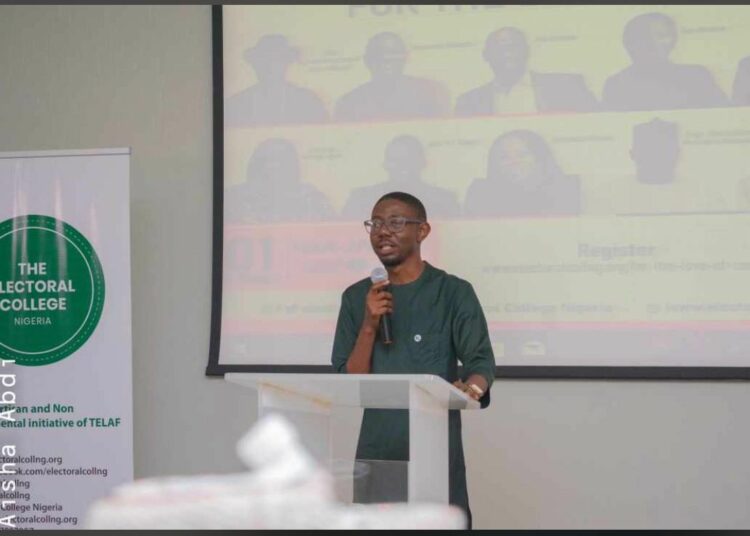The Executive Director, Electoral College Nigeria (ECN), Kunle Lawal, has hailed the Thursday’s Supreme Court verdict on financial autonomy for local government areas in the country, describing the third tier of government as a cornerstone for true federalism.
Lawal, in a statement made available to journalists in Abuja, said lack of financial autonomy had hindered the ability of the local government area councils to deliver essential services and infrastructure to their communities.
“Financial autonomy for local governments in Nigeria is a cornerstone for achieving true federalism and grassroots development. Despite being recognized as the third tier of government by the Nigerian Constitution, local governments face significant challenges in managing their financial resources independently,” he stated.
The 1999 Constitution of Nigeria acknowledges local governments as an essential level of government. Section 7 of the Constitution guarantees the system of local government by democratically elected councils.
However, the financial operations of local governments were predominantly controlled by state governments through the mechanism of the State Joint Local Government Account (SJLGA). This account pools funds allocated to local governments from the Federation Account before disbursing them to individual local government councils.
The SJLGA system, while designed to ensure equitable distribution of resources, often becomes a bottleneck and a tool for political control.
State governments have significant control over the disbursement of funds, which can lead to delays and even misappropriation.
The opaque nature of the SJLGA has been criticized for fostering corruption and inefficiency. Local governments frequently complain about receiving far less than what is allocated to them, impeding their ability to function effectively.
Lawal highlighted some of the challenges to financial autonomy to include; political interference where state governors wield considerable influence over local government funds, often diverting resources for state-level projects or personal interests, adding that this undermined the financial independence of local councils and their capacity to address local needs, corruption and mismanagement.
“The lack of transparency in the SJLGA system allows for corruption and mismanagement of funds. Local governments are left with insufficient funds to execute development projects, leading to poor service delivery.
“Dependence on Federal Allocations – Local governments heavily rely on allocations from the Federation Account, with limited capacity to generate their own revenue.
“This dependence makes them vulnerable to the financial whims of higher tiers of government, Lack of Capacity – as many local governments lack the administrative and technical capacity to manage finances effectively. Training and capacity-building initiatives are needed to empower local officials to handle financial resources competently,” he further pointed out.
Lawal concluded that achieving financial autonomy for local governments in Nigeria is essential for sustainable development and effective service delivery at the grassroots level, noting that while there were significant challenges to overcome, concerted efforts through constitution reforms, legislative actions, capacity building, and citizen engagement can pave the way for more autonomous and effective local governments.
“This autonomy will empower local councils to address the unique needs of their communities, ultimately contributing to national development,” he stated.





